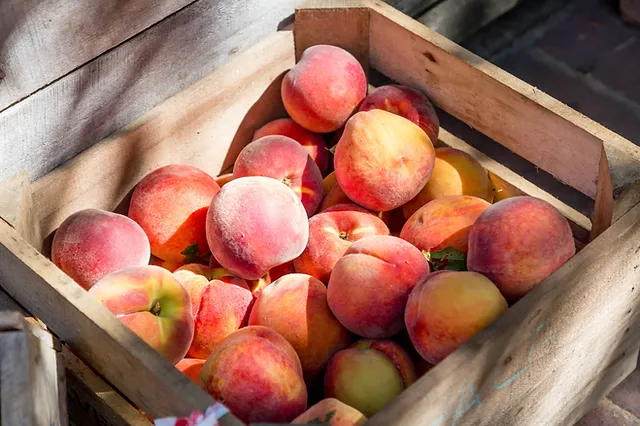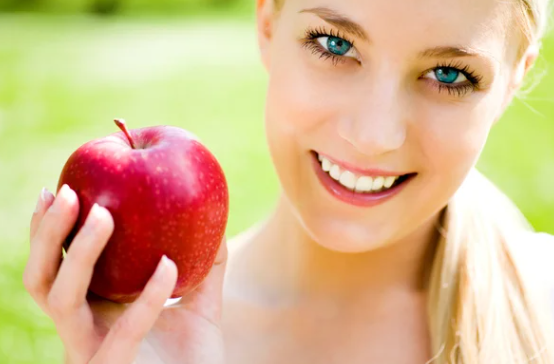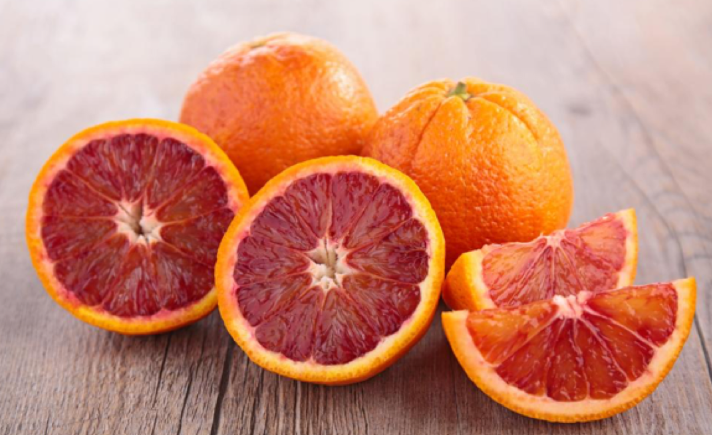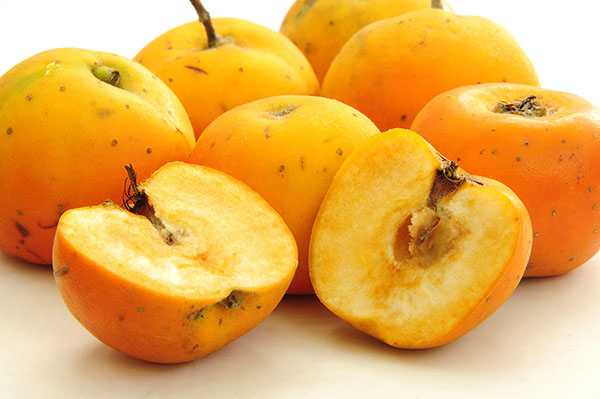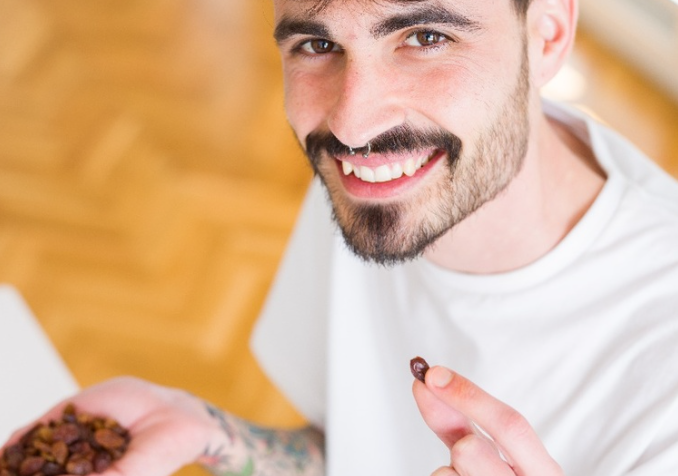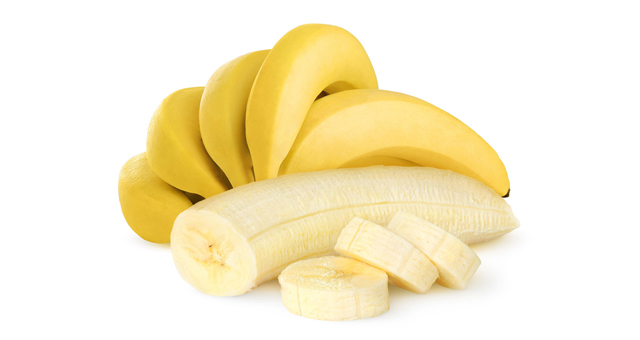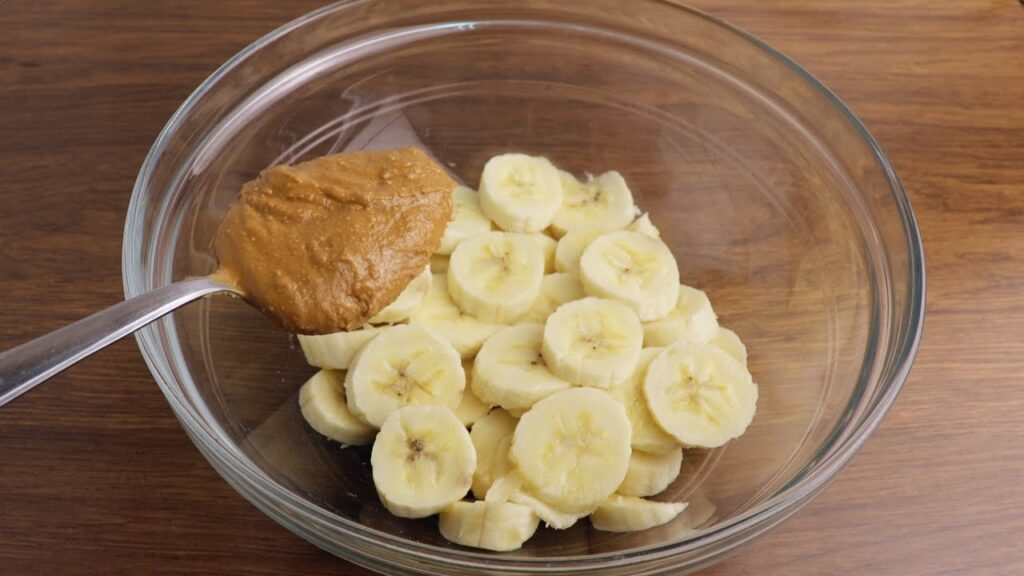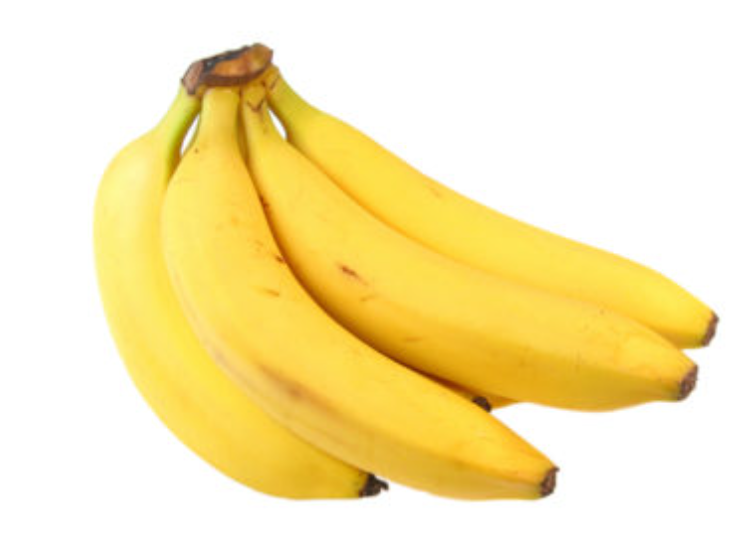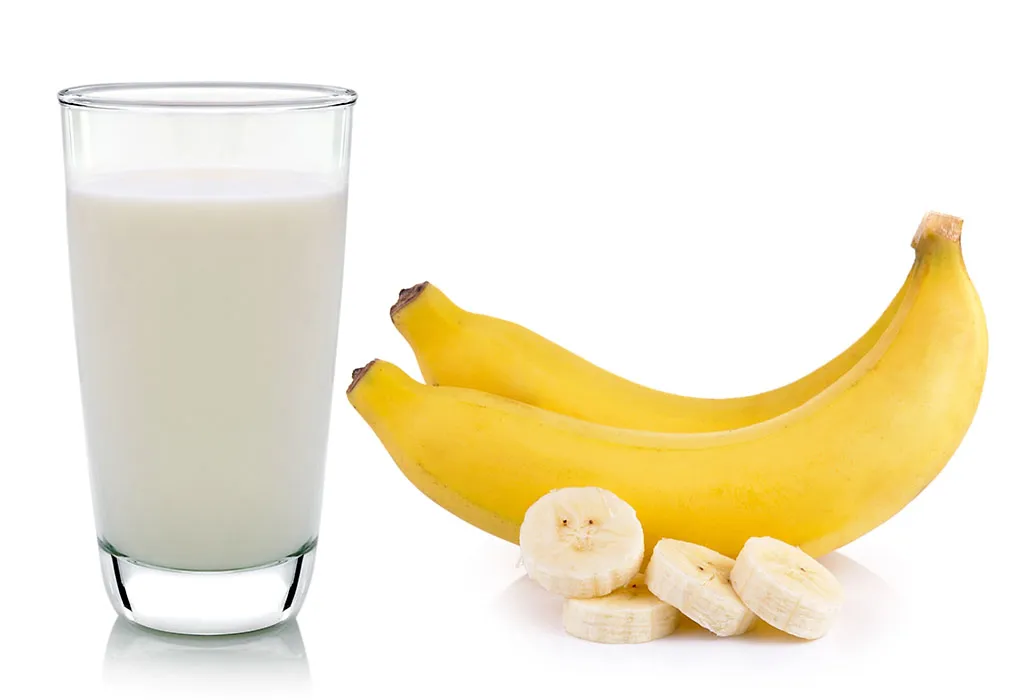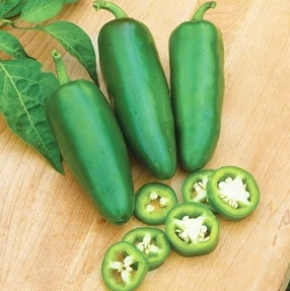If you have uterine fibroids, you might wonder how your diet can help you manage your symptoms. Fibroids are growths that appear in or on the uterus and can range from very small to quite large. They’re quite common; most women will have at least one by the time they’re 50.
Despite being common, fibroids can cause problems like heavy menstrual bleeding, pain in the pelvic area, the need to pee often, and difficulties with getting pregnant. This makes many people with fibroids curious about how changing what they eat and drink could help them.
Table of Contents
Why Cucumbers Might Be Good for Fibroids
Some people with fibroids are told to stay away from foods that have a lot of estrogen. But it’s not completely clear how diet and nutrition affect fibroids. Cucumbers are low in calories and rich in water, and they have nutrients that might be good for people with fibroids, such as:
- Vitamin K, which helps the blood to clot and might reduce heavy menstrual bleeding.
- Vitamin C, an antioxidant that fights swelling in the body and helps fix tissue.
- Magnesium, which can help with how the body uses estrogen and keep muscles healthy.
- Potassium, which is important for muscles, including the ones in the uterus.
- Cucurbitacins, which can fight swelling and may help with heavy periods.
- Lignans, which may block the estrogen linked to fibroids.
Because of what’s in cucumbers, some doctors say they’re a good food for people with fibroids. Cucumbers have vitamins, minerals, and other things that can help with annoying symptoms and are good for women’s health overall.
Thinking About Safety and How Much To Eat
But there’s a catch: you should think about how much cucumber you eat. Why might this be?
Cucumbers have vitamin K, which is connected to blood clotting. If you already have heavy periods, you should be careful about suddenly eating a lot more vitamin K. It’s best to start with a small amount and watch for any changes.
Also, cucumbers do have a tiny bit of estrogen. If you’re trying to really cut down estrogen, you might want to consider this, even though it’s usually not a lot.
Too much of the skin and seeds from cucumbers can cause stomach problems or diarrhea. This is why eating them in the right amount is important.
If you have mild to moderate fibroid symptoms, cucumbers could help you. But if your symptoms are severe or if you’re at high risk, you may need to be more careful about how much you eat. Keeping track of how much you eat and any changes in your symptoms is important.
Balancing the Good and the Potential Risks
Deciding to include cucumbers in your diet when you have fibroids means thinking about the good things they offer versus any risks. You should eat them in a way that’s right for you and makes sure you stay hydrated and eat different healthy foods. Cucumbers can fit into such a diet well for many people with fibroids.
But if you have a lot of fibroid symptoms, you might need to eat less cucumber or none at all for a while. Keeping track of how you feel when you eat cucumercase.
Overall, the relationship between diet and fibroids isn’t straightforward. There’s no definite list of foods that are always good or bad for fibroids. But eating less inflammatory foods, like fruits, vegetables, and healthy proteins and fats, is generally good advice. Cucumbers can be a part of this diet for many who have fibroids.
How To Include Cucumbers in Your Diet Safely
If you and your doctor think cucumbers are okay for you, here are some hints on how to eat them safely:
- Start with a little and see how you feel. Introducing new foods slowly lets your body get used to them.
- One cucumber a day is a good limit to get the benefits without overdoing it.
- You might want to peel the cucumber to be kinder to your stomach.
- Eat cucumbers with other foods like protein or fat, which can help your body use the nutrients better.
- Use cucumbers instead of foods that have more estrogen, like soy, flax, or tofu.
- Eat a balanced diet with lots of anti-inflammatory foods like fruits, veggies, beans, good proteins, and fats.
- Write down any symptoms to see how cucumbers affect you.
- Keep in touch with your doctor about changes in what you eat.
With time and care, most people with fibroids can find a way to include cucumbers in a healthy diet.
Main Points to Remember
Here are the big ideas to keep in mind if you’re thinking about cucumbers and fibroids:
- Cucumbers have lots of nutrients that could be helpful, but it’s important to not eat too much.
- Think about your own situation and symptoms when weighing the possible advantages and any drawbacks.
- Pay attention to how you respond to cucumbers and adjust how much you eat accordingly.
- Aim for an overall diet that fights inflammation, with lots of whole foods like fruits, veggies, lean proteins, and good fats.
- Work with your doctor to tailor your diet to help with your fibroids.
While cucumbers can be nutritious for many, those with more serious fibroid concerns might need to avoid them. Find what works best for you with advice from your healthcare provider.
